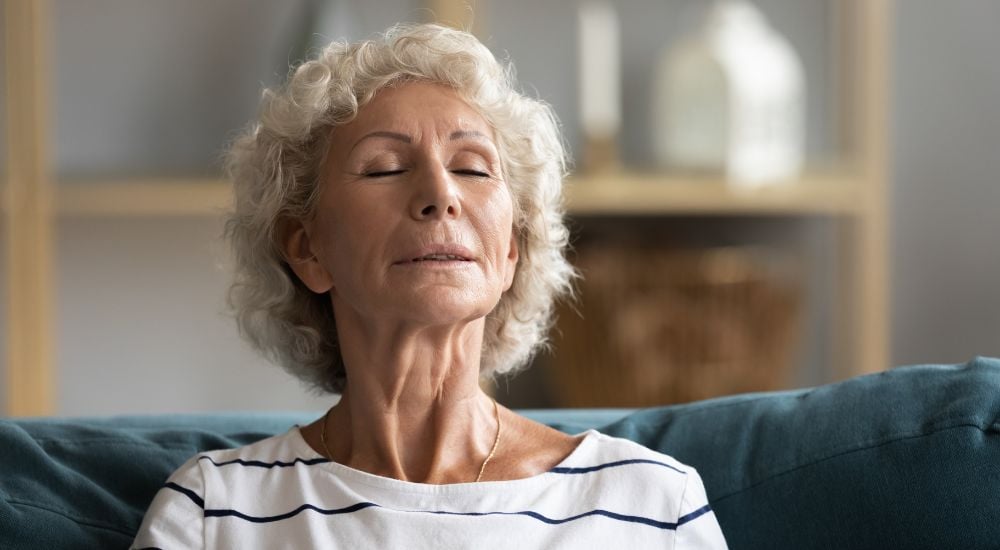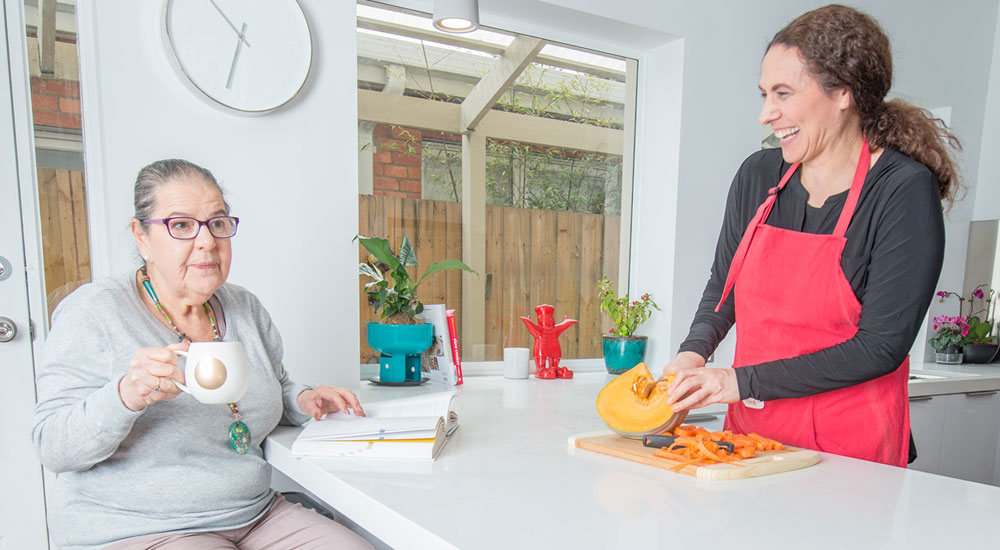To say the average population is overwhelmed with stress and anxiety by the Coronavirus is an understatement.
After all, who has ever really experienced a pandemic in their lifetime? There has been loss of life and rapid changes to the way we live (to say the least), so for one to feel concerned and fearful for their own and loved one’s health and safety is all understandable.
It is important though that we recognise that reacting from a place of panic and fear is usually unhelpful. Maintaining our wellbeing is all the more important during these trying times, especially in the face of this significant challenge that bears so much uncertainty.
Strategies to Cope with Stress, Fear, Worry and Anxiety
Here are some practical ways to help manage all the negative emotions that affect your physical and emotional wellbeing:
1. Get informed and learn how to protect yourself (and others)
When one is to analyse anxiety, it is oftentimes stemmed from events that make us feel out of our control or we do not have the capacity or skill to cope with them. We therefore think about the worst-case scenarios (in vivid and frightening details) and this leads to said negative emotions.
It is therefore important that you focus on what’s under your control, and that’s getting informed with the facts of the virus from trusted sources.
Follow government advice on what you can do to protect against infections and prevent the virus from spreading. This includes washing your hands frequently, avoid touching your face, avoid crowds and social distancing.
2. Seek accurate information – but don’t obsessively check the news
When doing the above, it is vital that you seek your information only from trusted sources. There are a lot of misinformation circulating around as well as sensationalistic coverage that only feeds into fear. The more you read about them, the more frightening it becomes.
Therefore, be mindful of your exposure to the media and do not obsessively check the news. This will help quell the panic and agitation.
3. Stay connected – physical distancing does not mean social disconnection
Spend time with family and friends will bring a sense of comfort and stability. You can talk and share your worries with one another – staying connected like this will make you feel less isolated and lonely.
If you live alone, there are still many ways you can stay connected by using technology. Join an online group/forum, call or video chat with friends and family or even schedule a workout together.
4. Stay focused and maintain a routine
Last but not least, try to maintain a healthy routine as much as possible. Eat, exercise, work and get enough sleep. This will help protect your mental health and immune system.
Develop new routines if isolation circumstances call for it – having a schedule to follow each day will keep things in perspective and gives life a certain degree of normality at turbulent times like this.
The Impact on Seniors
Understandably, the impact of such “Coronavirus Anxiety” on seniors is not one to be underestimated. Our older community is already more susceptible to the virus, what’s with the risk of serious illness from COVID-19 increasing with age.
Naturally, the anxiety and stress (not to mention fear and worry) that they would feel will be much, much more especially those who live in residential aged cares. It is not any much easier for those who live alone at home nevertheless – the need to stay socially distanced means they cannot get outside and interact with people, and we all know how isolation and loneliness are main contributors to depression.
Again, focusing on the actions that are in our control is the most effective way to manage such stress and anxiety. Do all the above where possible and try to stay connected with others. That’s very important especially for our elderly seniors’ mental health. This might mean learning a new skill on how to go online and use social media.
With that said, there lies a particular difficulty with practising these as there is a higher possibility that seniors are not able to follow instructions (that will help reduce the risk of getting infected) due to conditions like dementia or some other forms of cognitive impairment.
If this is the case, as a family member, consider engaging professionals to help your beloved seniors. For example, psychological therapies if you notice signs of depression in your loved ones. They can be carried out remotely via phone/video conference or even online, so that is something that can be done even during times of self-isolation.
Alternatively, hiring a personal in-home carer or 24-hour care services will also help in that they provide safe companionship that will ease loneliness and isolation. Having someone to talk to (or just interact with generally) will do wonders in easing stress and worry during these times. Not to mention, having other aspects of their life take care too, (i.e. cooking and cleaning).
Advice for Carers
Are you a carer already caring for a senior loved one? All the more important that you take care of your own health and wellbeing before anything so that you can provide the support your loved ones require.
Aside from practising all the strategies above, consider getting respite care at appropriate times to help you cope when it all becomes too overwhelming.
Respite care providers are properly and adequately trained to deliver respite services safely. This includes proper hand hygiene, physical distancing as well as the use of PPE in monitoring one’s health so rest assured that your loved ones is in capable hands while you take all the steps and time you need to recharge.






